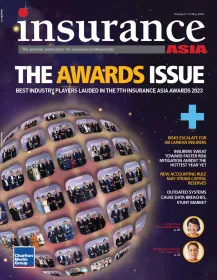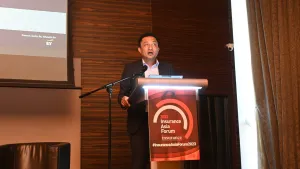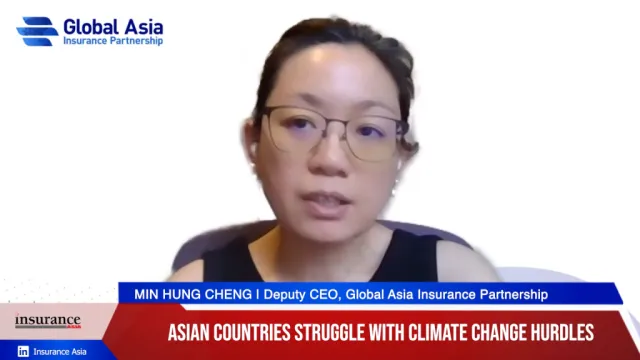
Rising healthcare fees hinder financial stability amongst HK residents
The survey revealed 19% of people would pay for cheaper plans and fewer benefits.
Hong Kong residents face the challenge of balancing financial stability and physical health amidst rising healthcare costs. About 69% of respondents cited rising health costs as a barrier to financial well-being, with healthcare expenses perceived to have surged by 18% in the past year, revealed Manulife Asia Care Survey.
"Given the escalating healthcare costs and resulting financial stress, combined with the prevalence of mental health concerns, it is important for people in Hong Kong to reconsider their approach to holistic well-being," said Patrick Graham, Chief Executive Officer, Manulife Hong Kong and Macau.
"As a steadfast advocate of the 'mind-body wealth' concept, which stresses the importance of achieving balance in financial, mental, and physical aspects of well-being for a healthier and more fulfilling life, we are dedicated to improving the overall well-being of Hong Kong people across these aspects,” Graham added.
This increase includes outpatient services (22%), drugs (15%), and preventive healthcare (14%).
In response, respondents are taking measures such as watching their diet more carefully (41%), using less expensive healthcare services (25%), delaying or skipping body checks (19%), and choosing insurance plans with lower premiums and fewer benefits (18%).
These steps reflect the difficult choices people face in managing financial stability and physical health.
Mental health also impacts physical well-being, with stress (34%) and anxiety (28%) being the top concerns for future mental health.
The connection between mental and physical health is evident, as stress and anxiety can lead to physical ailments. Additionally, severe illnesses like cancer and heart disease are significant obstacles to achieving desired physical well-being levels.
The survey also indicates a shift in financial expectations for future generations.
Around 37% of parents no longer expect their children to support them financially in old age, leading 70% of those married with children to plan on delaying retirement. This shift will likely impact retirement planning products and services.
There is a significant overall confidence gap amongst Hong Kong residents regarding their financial, mental, and physical well-being over the next decade.
With 100 indicating the highest level of confidence, they only expected to reach 70 for financial, 71 for mental, and 71 for physical well-being, indicating shortfalls of 15, 14, and 15 points respectively.
This gap highlights the strong connection between financial stress, emotional wellness, and physical health, emphasising the need for a holistic approach to well-being.
Conducted between January and February 2024 with over 1,000 adults aged 25-60 in Hong Kong, the survey asked respondents about their confidence in achieving desired well-being levels in ten years.
"Proactive financial planning is a potent tool for addressing the evolving needs of various life stages," added Graham.
"We encourage Hongkongers not to limit themselves to saving for the future but to adopt an informed, forward-thinking financial planning approach. By consulting with a financial planner, they can uncover comprehensive solutions tailored to their long-term aspirations. This not only empowers them but also puts them in command of their journey towards a secure financial future." reassured Graham.











 Advertise
Advertise












